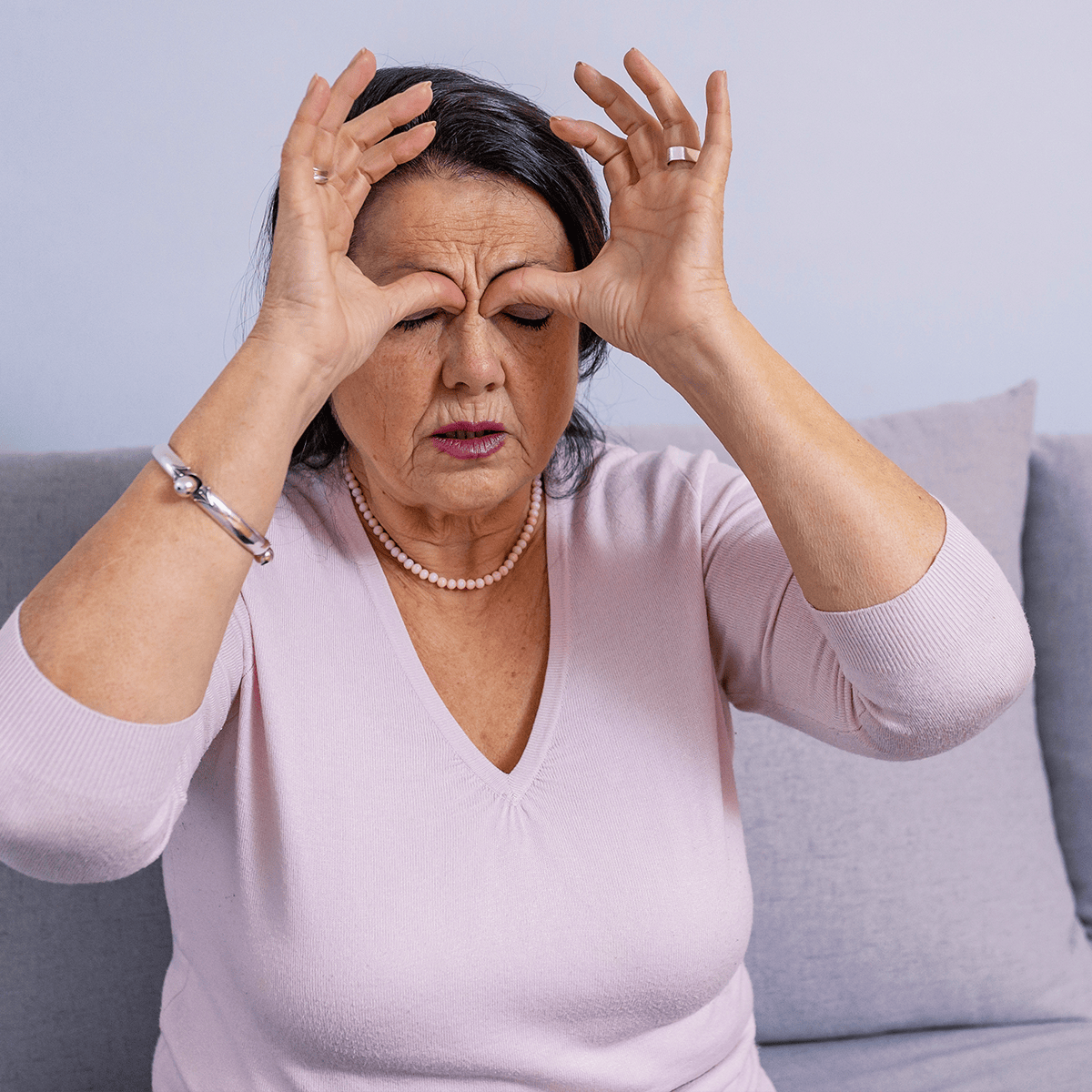Supporting Veterans with Hearing Loss

Many veterans have trouble hearing after they return home from their service, and this is especially common among older veterans. Hearing problems can make it hard to stay connected with family and friends, but the good news is that help is available for veterans with hearing loss.
The Department of Veterans Affairs (VA) and other organizations offer support and services to help veterans with hearing loss. Veterans should know that they are never alone when it comes to their hearing loss. This blog will show you ways to get help with hearing problems if you or someone you know is a veteran.
Understanding Veteran Hearing Loss

Hearing loss is one of the most common types of injury veterans experience. They are often exposed to many sources of loud noise, including heavy machinery and weapons, which can lead to temporary and permanent hearing loss.
Since symptoms of hearing loss can develop slowly, most veterans don’t always notice them. Instead, they only notice that it becomes harder to communicate with others. Raising awareness and providing resources for veterans with hearing loss can help them get the care they need and deserve.
Since hearing loss and tinnitus—ringing or buzzing in one or both ears—are among the most common disabilities reported by veterans after they return from active duty, the VA has taken steps to improve access to medical care and support.
Through early detection, access to care, and community support, veterans can get the help they need to improve their hearing and overall well-being.
Connection Between Mental Health and Hearing Loss for Veterans

There is also a strong connection between mental health struggles and hearing loss. The stress of trying to communicate and keep up with conversations while also dealing with hearing loss can take a toll on a person.
Without the ability to properly hear, it’s common for veterans to experience feelings of isolation and frustration. These feelings only add to the mental health struggles that impact so many veterans. Finding support and tools to help manage hearing loss is essential to helping veterans successfully adjust to life after service.
VA Benefits and Support for Veterans Hearing Loss Claims

The Department of Veterans Affairs notes that tinnitus is the number one disability veterans deal with after they return home from service. At least 2.3 million veterans receive compensation for tinnitus.
According to a 2020 Veterans Benefits Administration report, more than 1.3 million approved veterans’ hearing loss claims include hearing conditions other than tinnitus.
To help veterans get the care they need, the VA employs over 2,000 hearing care professionals across 490 VA care sites. These professionals help provide veterans with hearing aids and visual aids, such as vibrating or flashing alarm clocks and doorbells, caption phones, and other tools to make life easier with hearing loss.
Additional Resources for Veterans with Hearing Loss

In addition to the VA, veterans with hearing loss have several other options to turn to for help. Some of these organizations include:
- The National Center for Rehabilitative Auditory Research studies hearing loss in veterans to develop effective treatments. Researchers also work to help support veterans with communication, social, and economic problems resulting from their hearing loss and tinnitus.
- Heroes with Hearing Loss: This organization aims to connect veterans with available resources to help them manage their hearing loss.
- Healthy Hearing: This resource provides a guide to how veterans may qualify for hearing healthcare benefits and disability compensation through the VA.
Caption Phone Services for Veterans

ClearCaptions is always honored to serve veterans of all ages, especially seniors. One way we support veterans with hearing loss is by providing those who qualify for the ClearCaptions service with a ClearCaptions Phone at no cost.
The ClearCaptions Phone provides near real-time captions of your phone conversations on the phone’s large, easy-to-read screen. The ClearCaptions service is funded by a federally managed program, which makes the phone and its captions available at no cost to qualified Americans.
For veterans with hearing loss, staying connected is especially important for mental and emotional health. Social connection can help lower anxiety and depression, increase self-esteem, empathy, and improve the immune system.
If you suffer from a military hearing disability, we’re here to help. Let ClearCaptions get you the support you need to enjoy simple, clear communication on all your calls.
ClearCaptions is grateful for your service to our country, and our team looks forward to helping you regain your freedom of communication!




